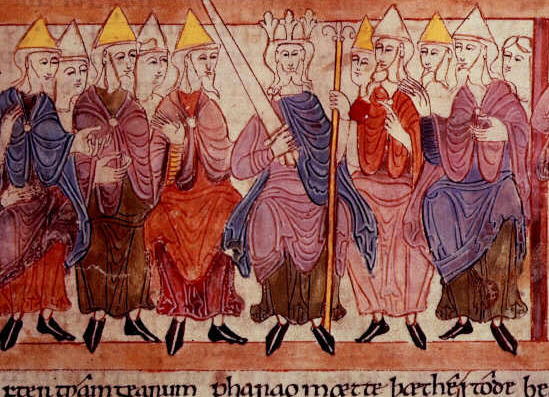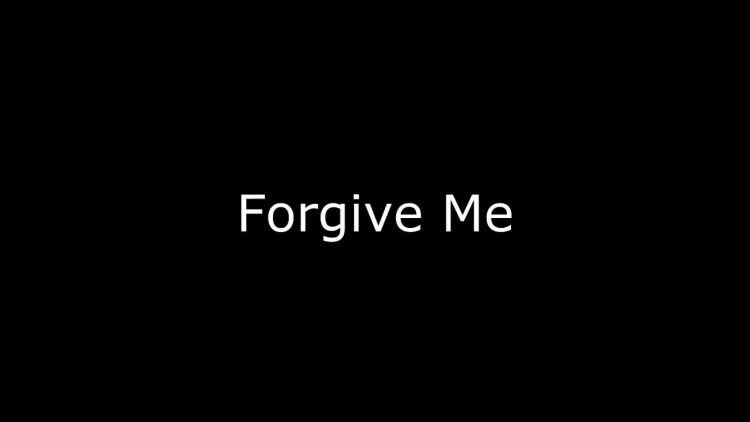Since I began discussing forgiveness as the topic of my new book project, I have had a number of very smart friends send over great research materials. One person pointed out the two Greek words used in the Bible for forgiveness: charizomai, which translates roughly to “grace” or to “bestow a favor unconditionally” and aphiemi,…Continue reading Where does “forgiveness” come from?

